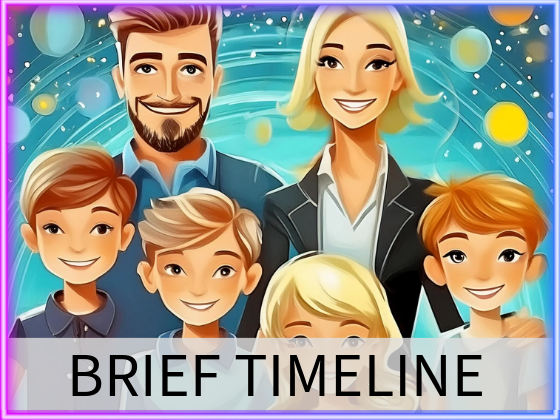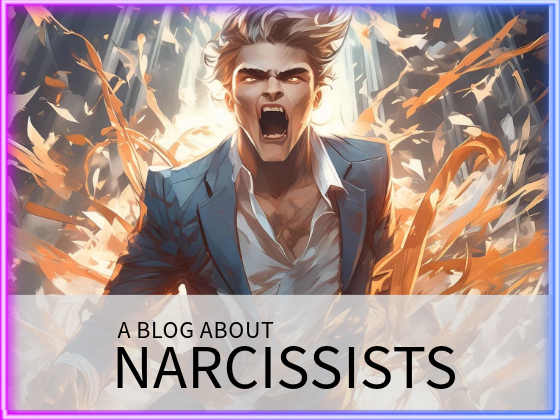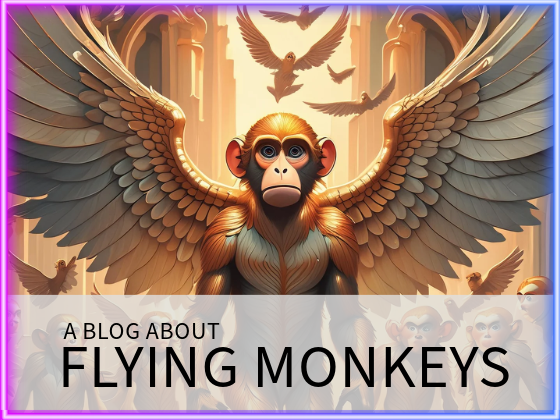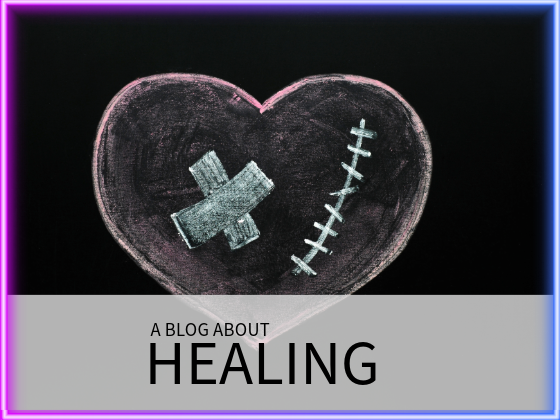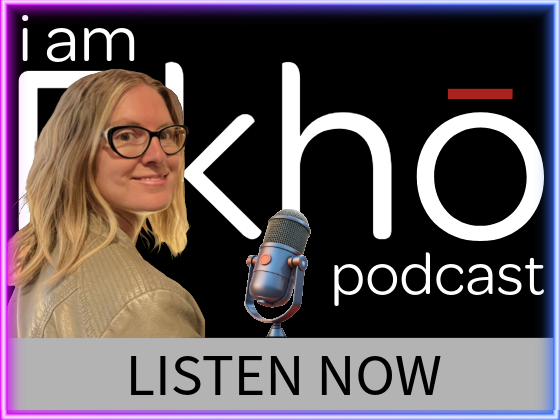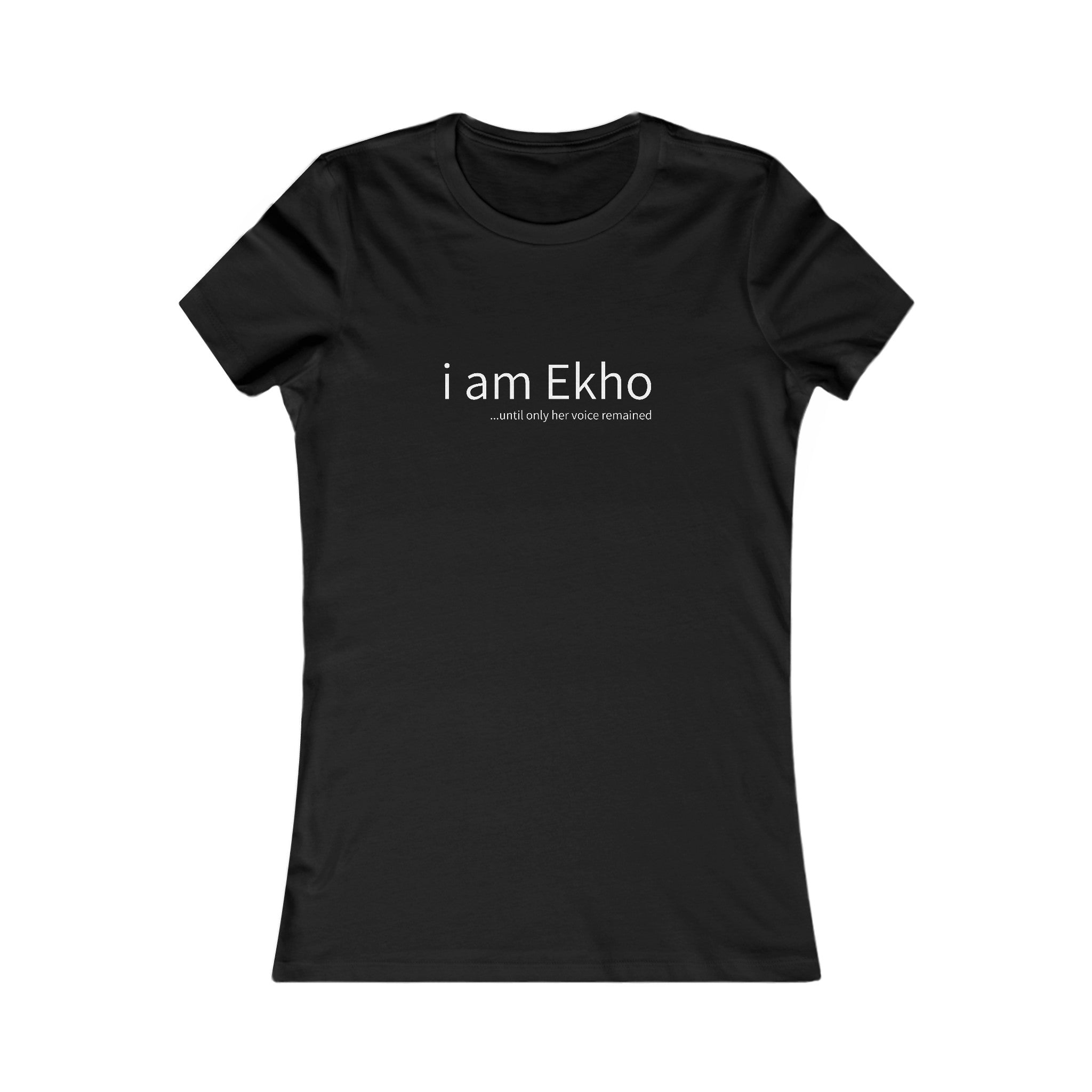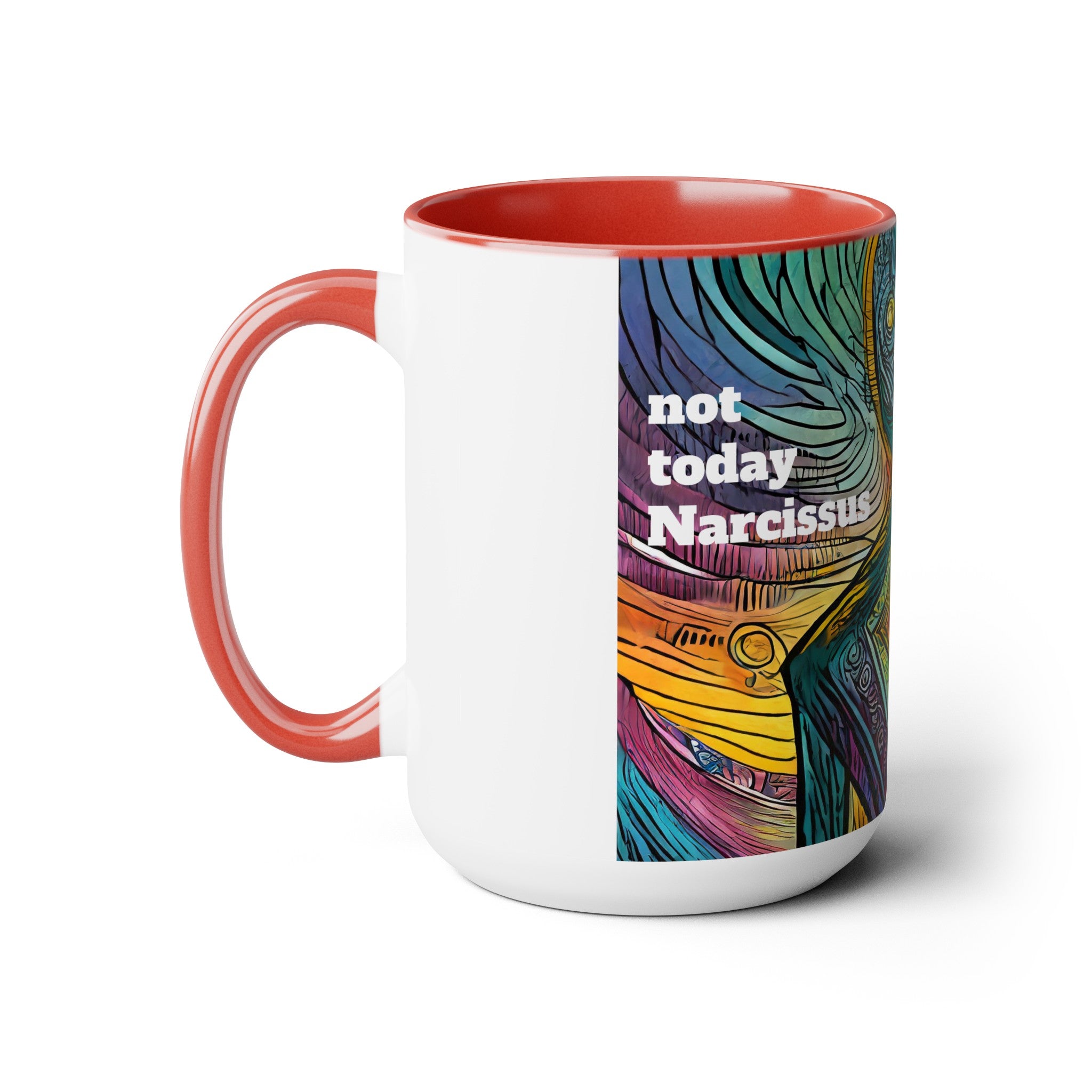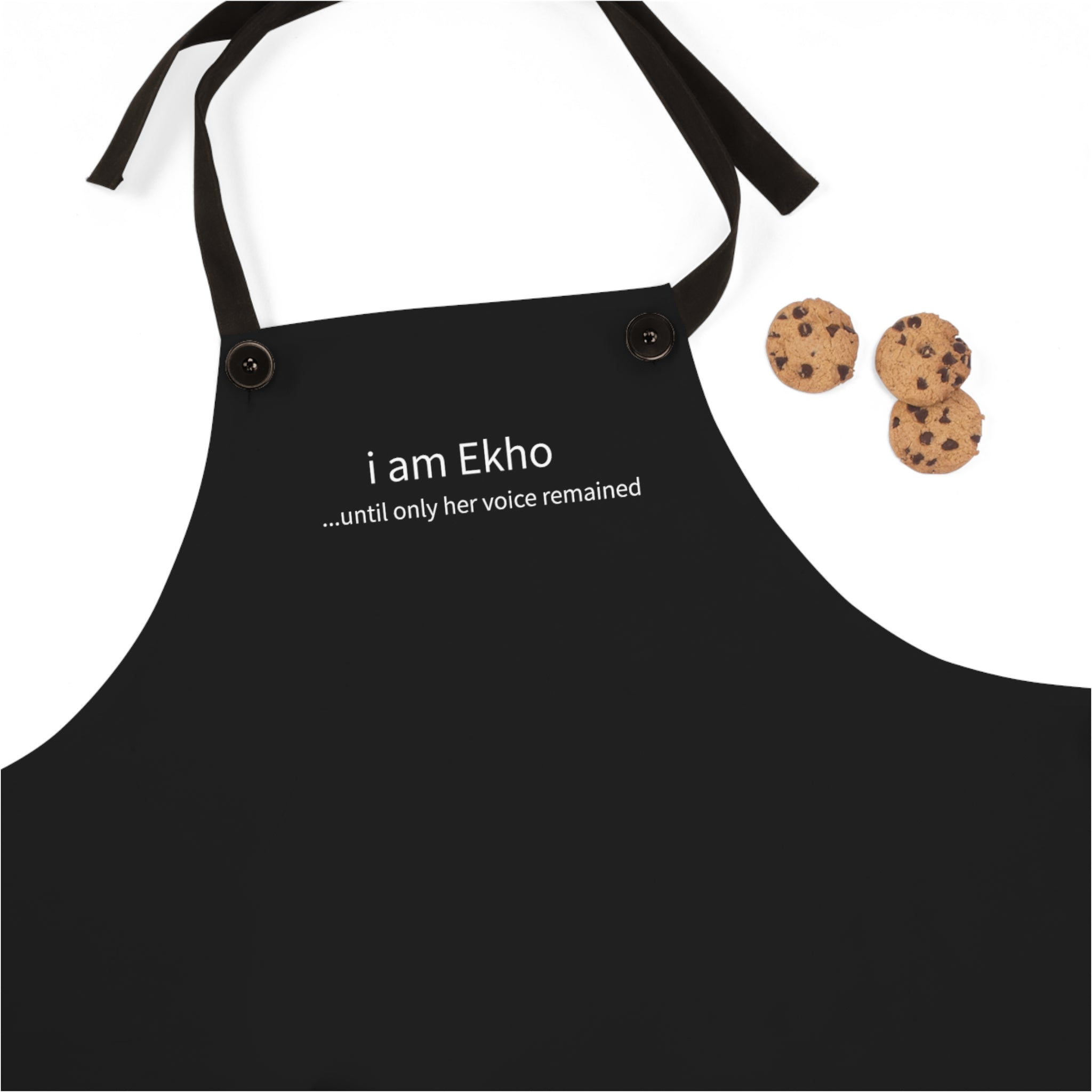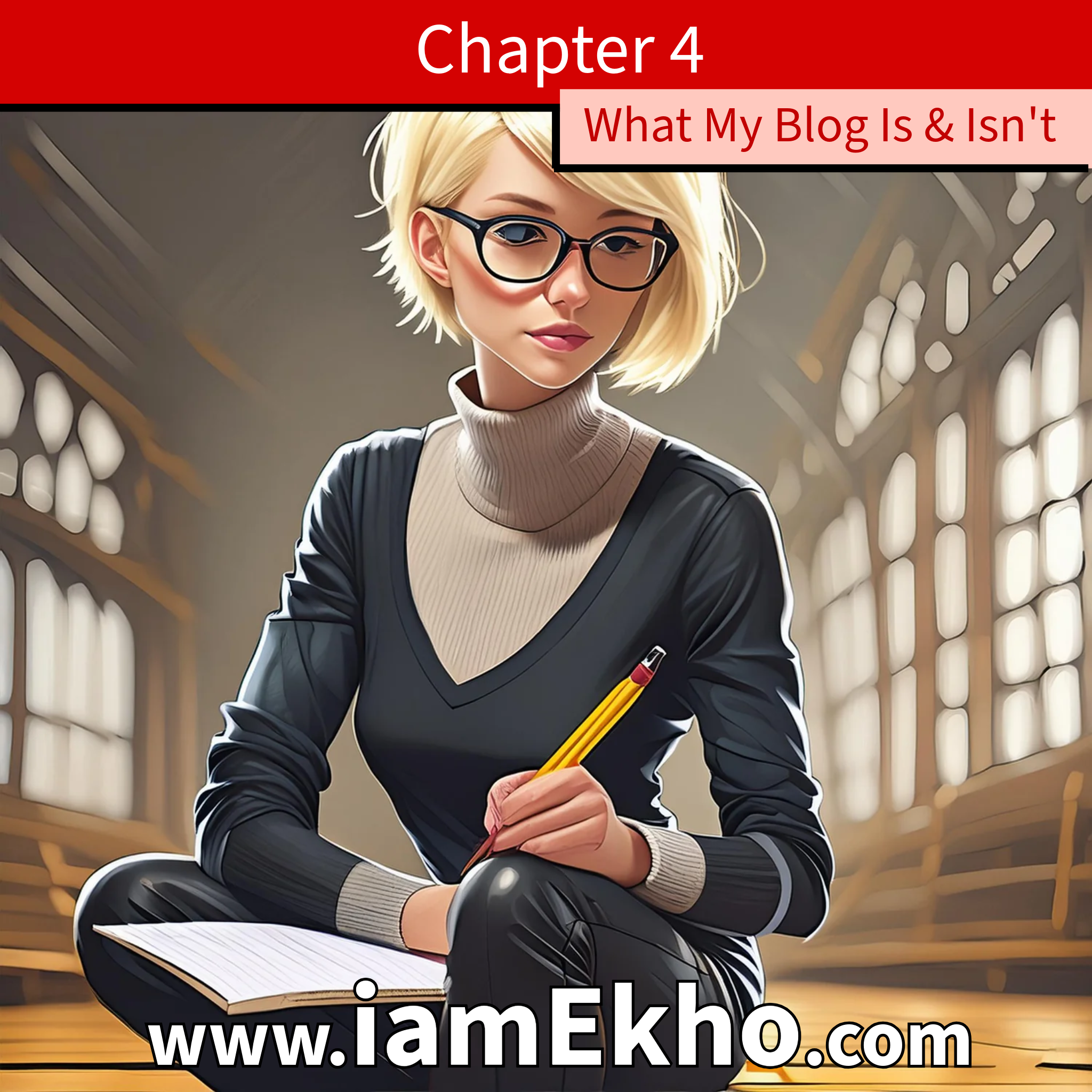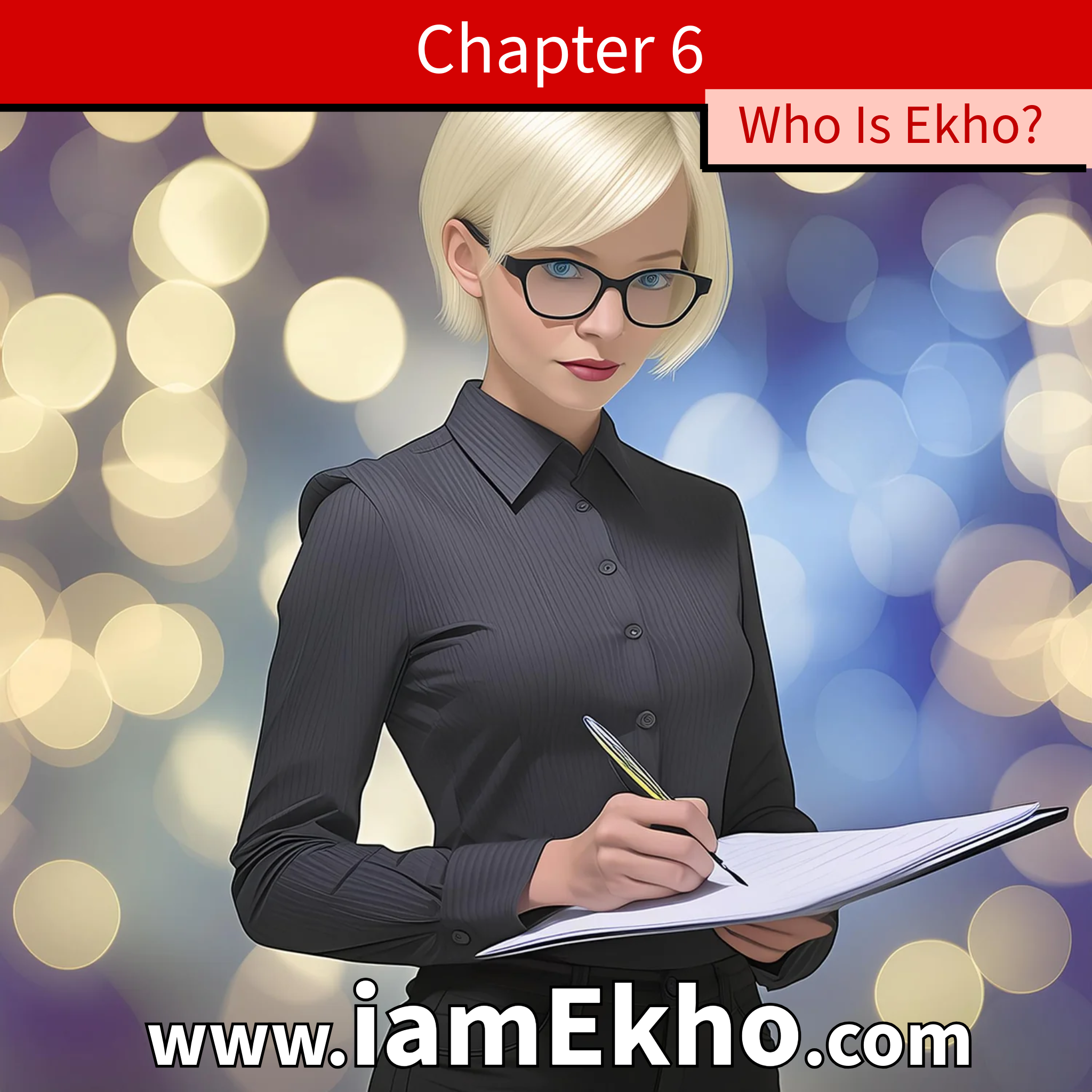In my experience, having a narcissist in your life will drum up almost every uncomfortable emotion possible.
Many of us – who are either: 1) still stuck in a relationship with a narcissist, 2) are in the process of breaking free from a narcissist, or 3) are in the early stages of having successfully severed ties with a narcissist – experience intense feelings of fear, shame, bewilderment, confusion, uncertainty, and trauma.
I personally remember feeling a lot of shame. Shame is one of the worst feelings because it is so personal and grounded on the underpinning notion that there is something fundamentally wrong, inferior, defective, unbecoming, and downright unappealing about you.
Now that I am about a year and a half removed from my narcissist, it is becoming harder and harder for me to remember why the intense feelings of shame were prevalent almost every day.
I reflect from time to time on why I felt shame when he was the one who should have felt incredibly embarrassed for assaulting me and all of the lies. To the contrary, he didn’t seem to feel much of anything. I guess that is one of the things that separates narcissists from the rest of the population – they just do not feel shame, or, at a minimum, they do not allow themselves to experience uncomfortable feelings. I remember many times my narcissist telling me when talking about his previous relationships or even events in our relationship “I cannot think about that because it will make me feel guilty and bad.” His modus operandi seemed to be to push those uncomfortable feelings aside without processing them and learning from them so that he would not have to actually feel his feelings. Then, he would rewrite what happened in his mind to make himself out to be the victim and the real victim the villain.
I know that part of the intense feeling of shame that I experienced was because of the types of questions that even well-intended people asked me and still ask me from time to time -- why did you stay with him? Why didn't you leave sooner if it was so bad? Why did you go back to him? Why did you marry him after he assaulted you the first time? Why didn’t you press charges? Why did you drop the PFA? Why did you cover for him? Why did/didn't you do x, y, or z? Was it really that bad? Are you sure that you are not exaggerating? What role did you play?
As a word of advice – if you find yourself ever asking a victim any of these questions – JUST STOP. It is mentally taxing at best and revictimizing at worst.
Oddly, society tends to paint the victim as somehow flawed for not seeing the warning signs sooner and acting quicker instead of recognizing that narcissists are highly manipulative and conniving individuals who can fool just about anyone (that is why they are so effective at causing harm and damage). So, victim blaming happens constantly, either directly or indirectly, through these types of questions and, when you as the victim are being blamed, shame is one of the natural emotions felt.
Another reason for the shame was that my narcissist was telling people that I was the cause of my injuries and, much to my surprise, a handful of people believed him! These were not uneducated hicks (no offense to hicks, I come from a long, proud line of hicks). Rather, these were his college professor friends, alleged feminists, and 'progressives.' I later learned, from him and others, that he told people that I went crazy and self-harmed. That I was insane. That I was unstable. That he was just protecting the home from me. And in the aftermath of an assault victims do tend to act out of the ordinary, so this narrative is particularly effective, and the most common tactic used by an abuser. According to a few of my friends who are in mental health, his response is text-book abuser tactics 101. Anyone with a shred of education on victims and violence should have seen right through this charade.
I was dealing with a concussion, a broken collarbone, the loss of my husband, extreme financial pressures, worries about my children, worries about his children, and concerns about public image in a small community where my children and I had to live and make a life. Maybe I did not act normal 100 percent of the time after the assault. But, as my therapist reminded me -- to act abnormally during abnormal and extreme times is perfectly normal. And most of my friends who knew me well complimented me on how well I managed to carry on with my life even under extreme circumstances.
As victims deal with all these emotions, the physical stressors of losing an income, the mental pressures of a smear campaign, and the harsh reality that the person we loved and trusted the most has not only physically and emotionally abused us but is now turning the narrative around to make us look like the villain, we do behave and think differently. Why wouldn't we?
It can feel like we are losing our minds, as our entire sense of reality and justice is thrown on its head.
We begin to question our sanity. Was it that bad? Could I have done more to stop it? Should I have done x,y,z? What role did I play in making him abuse me? Was he right that no one else could ever love me because I am so messed up? Am I crazy? If you are finding yourself asking these questions – PLEASE STOP! You are NOT the problem. You are the victim and these seeds of self-doubt are purposefully planted in your head by a misogynistic society and by the narcissist who has been sewing his garden of doubt in your mind for years.
Dr. Ramani is an expert in narcissistic abuse and survivorship. Her YouTube videos have helped me to make sense out of my experience. In this video, she explains that “you and the narcissist are living in two completely different worlds.”
Another excellent video by Dr. Ramani touches on how narcissists gaslight you into a fake reality.
I would recommend both videos. They have helped me to understand why I felt like all of reality was slipping through my hands, and I was left trying to stay afloat in a sea of confusion and fear and constantly feeling intense emotions such as shame, remorse, embarrassment, and uncertainty.
I remember telling my narcissist repeatedly during our many counseling sessions ‘The worst part about all of this is that I can no longer trust myself.’ ~ Ekho
I spent hours each day mentally scanning our history together to look at all the signs and red flags I had missed or ignored. Each time I identified another one, I lost a little more confidence in my own judgment. Slowly, I had to come to terms with the fact that, for years, I was betrayed and played by someone whom I deeply loved who did not care a smidge for me. It is a cruel realization, but one that many survivors of narcissistic abuse must face at some point. Such is life.
I would imagine that many people who have been free from their narcissist for decades still feel some or all these emotions from time to time. And these feelings can make us voiceless. For a while, I was voiceless. It took me months after finally breaking free from my narcissist to begin to process what happened to me and all the red flags that I had seen but ignored along the way. I am still realizing, almost every day, yet another cruel and manipulative tactic he used to trauma bond me, gaslight me, turn people against me, triangulate our friends, create a false narrative, smear me, and discard me. And I know that I am not alone in this type of experience.
It is my hope that my readers might find some solitude and possibly even comfort in my words and, together, we might create a community of care and support for all of us who are in various stages of healing from narcissistic abuse.
I would imagine that, as you read my words, and if you care to comment and interact with my blog, as I read yours, we will see so many similarities that it will provide comfort and clarity. We will realize that we have no reason to feel any of these negative emotions about ourselves. We are not naïve, crazy, untrustworthy, foolish, etc. Instead, we are highly empathetic and loving people who were targeted -- in part because we do have these positive qualities -- by a well-skilled narcissist who had done this to other people throughout their life and will continue to engage in this type of antisocial, harmful behavior with their new supply long after we have broken free. At least this is my desire. We are in this together, and I hope for this blog to be an interactive one.

